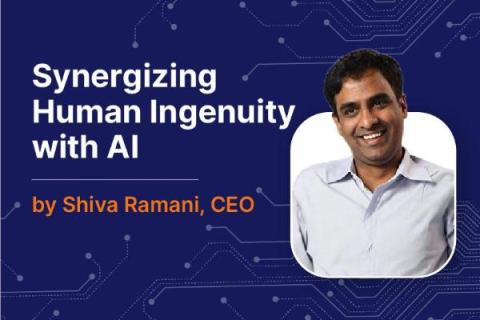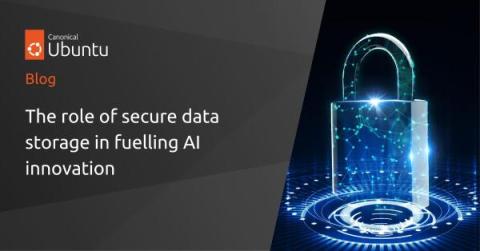Elastic Universal Profiling agent, a continuous profiling solution, is now open source
Elastic Universal Profiling™ agent is now open source! The industry’s most advanced fleetwide continuous profiling solution empowers users to identify performance bottlenecks, reduce cloud spend, and minimize their carbon footprint. This post explores the history of the agent, its move to open source, and its future integration with OpenTelemetry.











